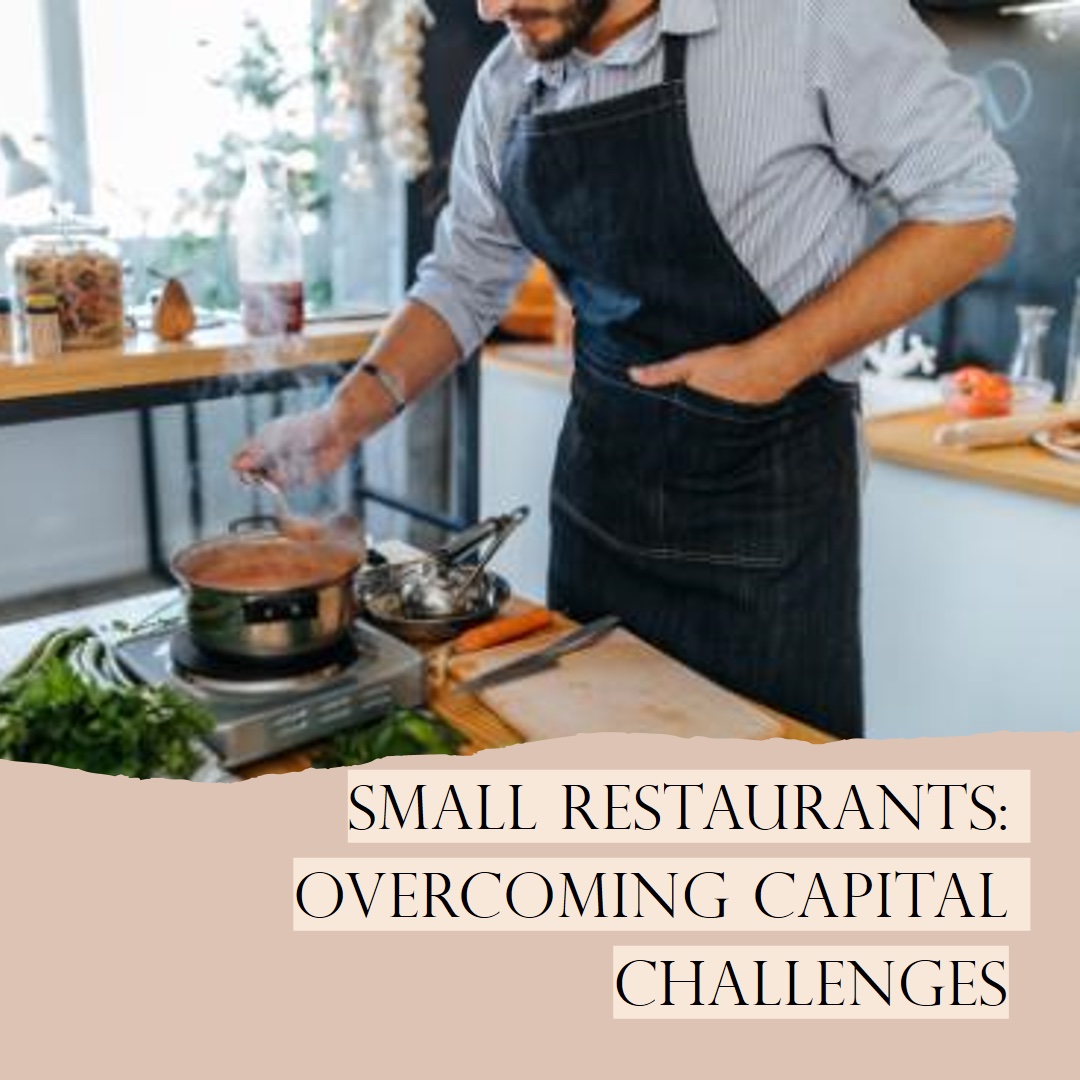In the vibrant tapestry of the culinary world, small and independent restaurants contribute unique flavors and diverse experiences that enrich our dining landscape. However, behind the delectable dishes and warm atmospheres lies a significant challenge that many of these establishment’s grapple with – limited access to capital. The struggle for funding can impede their ability to expand, renovate, or implement effective marketing strategies, creating a barrier to growth and sustainability.
At the heart of the issue is the inherent risk associated with the restaurant industry. The competitive nature, fluctuating consumer preferences, and unforeseen challenges like the COVID-19 pandemic have made traditional lenders wary of extending loans to small eateries. Banks often view them as high-risk ventures, with slim profit margins and a susceptibility to economic downturns. Consequently, many small restaurant owners find themselves in a financial catch-22 – needing capital to grow but facing difficulty obtaining it due to their perceived risk profile.
Expansion is a critical element for any business looking to thrive, but for small restaurants, it often seems like an unattainable dream. Limited access to capital hampers their ability to open new locations, tap into new markets, or even undertake necessary renovations. Renovations can be pivotal in keeping a restaurant’s ambiance fresh and appealing, attracting new customers, and retaining the loyalty of existing ones. Without the financial means to invest in these enhancements, small restaurants risk falling behind their competitors and losing their competitive edge.
Marketing, another essential aspect of business growth, is another casualty of limited capital. In an era dominated by digital platforms and social media, effective marketing can be the difference between thriving and surviving. Unfortunately, small restaurant owners often find themselves with meager budgets that restrict their ability to create compelling online and offline campaigns. With limited funds, they struggle to reach a broader audience and compete with larger establishments that can afford extensive marketing efforts.
Despite these challenges, some innovative solutions and alternatives have emerged to assist small restaurants in their quest for capital. Crowdfunding platforms have gained popularity as a means of raising funds directly from the community and loyal customers. By offering rewards or incentives, restaurants can mobilize their customer base to contribute towards expansion, renovations, or other business needs. This not only provides the necessary capital but also fosters a sense of community and engagement.
Moreover, alternative financing options, such as merchant cash advances and online lenders, have become lifelines for small restaurant owners. These options often have more lenient eligibility criteria and faster approval processes than traditional banks. However, caution is necessary as they may come with higher interest rates and repayment terms that can pose challenges in the long run.
Government initiatives and grants dedicated to supporting small businesses also play a crucial role in alleviating the capital crunch. Small restaurant owners should actively explore and take advantage of these opportunities to secure funding for their ventures.
In conclusion, the limited access to capital is a formidable hurdle that many small and independent restaurants face in their pursuit of growth and sustainability. The industry’s inherent risks, coupled with the reluctance of traditional lenders, create a challenging environment for these culinary enterprises. However, with creativity, community engagement, and exploration of alternative financing options, small restaurants can overcome these challenges and continue to enrich our gastronomic experiences. By addressing the capital conundrum, we can ensure that the diverse flavors of independent restaurants continue to thrive and delight our palates for years to come.
Paul Sofsky
CEO
Orca Inventory


